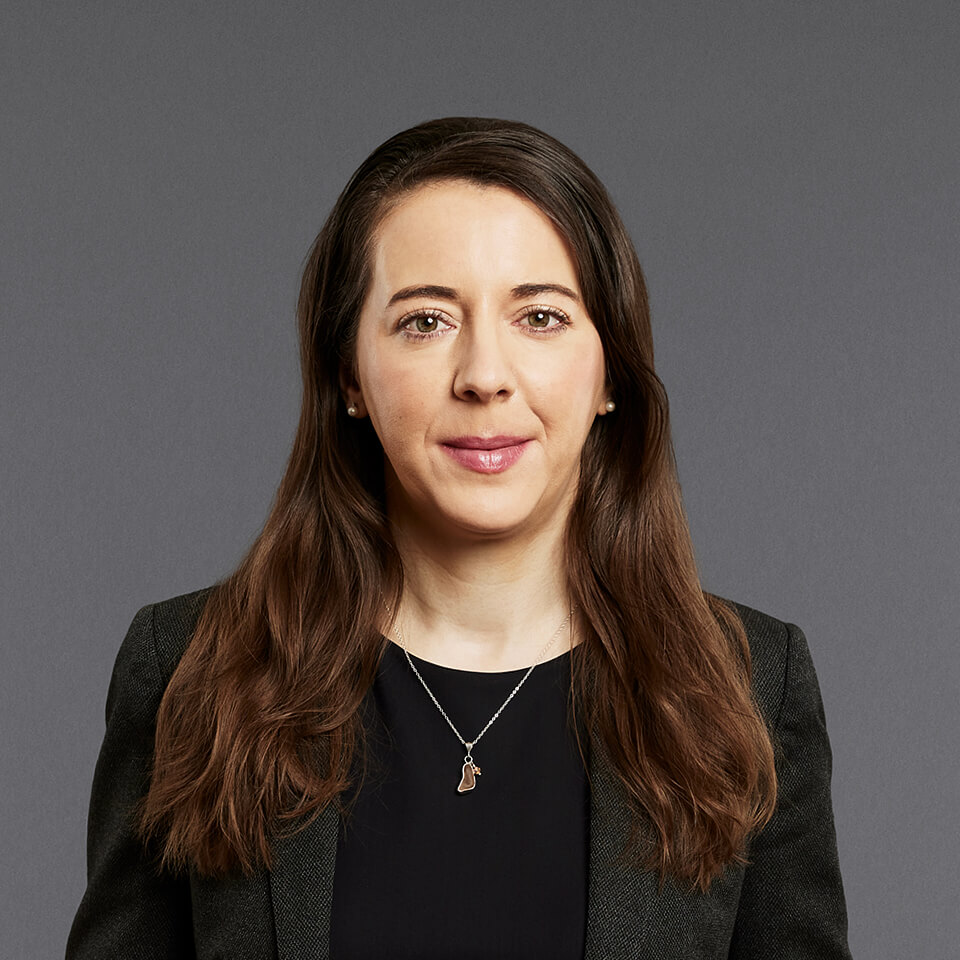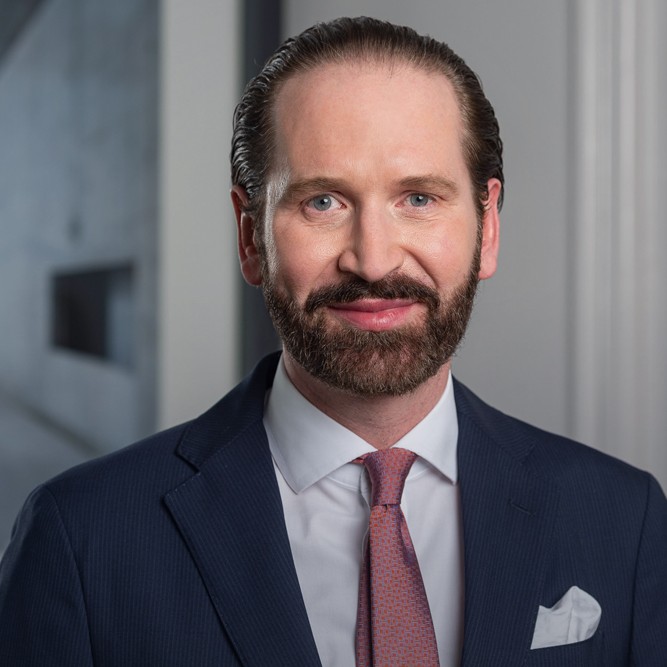Hanna Brozzo
Iring Christopeit
Practical examples of cross-border issues in relation to Germany
Case studies, slides and detailed solution notes from the workshop held by Hanna Brozzo and Iring Christopeit on October 28, 2025 on the occasion of the ISIS seminar "Gratuitous asset transfers in tax law".
Case 1: Swiss woman with last residence abroad
1.1 Facts of the case
Alina died on March 10, 2025 in Madrid, Spain, where she had lived for over 20 years. She was a Swiss citizen living in Basel-Stadt. In her handwritten will, she appointed a friend resident in Basel as her sole heir in the absence of legal heirs and made the estate (consisting of considerable securities assets in a bank custody account in Basel) subject to Swiss law
The will was opened by the Basel-Stadt Inheritance Office in the presence of the appointed sole heir on April 26, 2025.
1.2 Question
Can the inheritance be taxed in the canton of Basel-Stadt?
1.3 Variant:
What would happen if Alina had been a German citizen and her will had been opened in Hamburg if she had been subject to German law?
Case 2: Gallery owner's estate (sole proprietorship)
2.1 The facts of the case
Beat died on May 15, 2025 with his last residence in Zurich (Swiss citizen).
He was a gallery owner and ran a renowned gallery in Zurich (sole proprietorship "Beatus ART", based in Zurich).
His only daughter has been working at the Zurich gallery for a few years.
There is also a branch in St. Gallen with a permanent sales exhibition of Beat's own art collection.
The art collection exhibited in St. Gallen is looked after by his nephew and has a current book value of CHF 5 million, which corresponds to the investment costs. A recent (2025) estimate by AXA Art Versicherungen AG amounts to CHF 7.8 million.
At the beginning of 2025, Beat rejected an offer of over CHF 4 million from an art dealer for a single painting from his collection exhibited in St. Gallen. This work is currently insured for CHF 2.1 million (based on the estimate made).
In his will, his daughter (domiciled in Zurich, Swiss citizen) is the only legal heir and his nephew (domiciled in St. Gallen, Swiss citizen) is the legatee of the art collection in St. Gallen (no violation of compulsory portion).
2.2 Question
How is the nephew's legacy taxed?
2.3 Variant 1:
Same as the basic facts, but the nephew is resident in Stuttgart.
2.4 Variant 2:
Same as the basic facts, but Beat (Swiss citizen) had his last place of residence in Munich.
2.4 Variant 3:
Same as the basic facts, but the sole proprietorship is not based in Zurich but in Munich. The business premises in St. Gallen remain unchanged.
Case 3: Gallery owner's estate (stock corporation)
3.1 Facts of the case
The facts of the case are basically the same as in the basic facts of case 3, with the difference that the two galleries were each run in the legal form of a public limited company ("Beatus ART AG" based in Zurich, "Beatus Art Collection AG" based in St. Gallen). The shares in both companies were part of the private assets of Beat, who was no longer actively involved in the business himself.
Accordingly, Beat bequeathed the shares in "Beatus Art Collection AG" to his nephew.
3.2 Question
How is the nephew's legacy taxed?
3.3 Variant 1:
Same as the basic facts, but the nephew (Swiss citizen) is resident in Stuttgart.
3.4 Variant 2:
Same as the basic facts, but the nephew (Swiss citizen) is resident in Stuttgart and Beat gives him the shares during his lifetime.
3.5 Variant 3:
As in the basic case, but Beat was a German citizen and moved from Germany to Switzerland, specifically to the canton of Schwyz, four years before his death. He was taxed on a modified flat-rate basis (taxation of expenses in accordance with Art. 14 DBG).
Case 4: Sale of shareholding in the family with granting of usufruct of property
4.1 Facts of the case
Caroline (Swiss citizen) lives in Hamburg. Her brother David (Swiss citizen) is resident in St. Gallen. David would like to acquire from Caroline the 10% shares she holds in the family company "Gross AG", based in Switzerland, in order to own 100% of the company. Caroline is prepared to make this possible at a favorable value, but wants to have at least her retirement provision secured, because otherwise she has no significant assets. The two agree the following:
- David acquires the share package (100 shares) of 10% from Caroline for a purchase price of CHF 2,750,000 (rounding) by December 31, 2025 at the latest.
- The shares are valued in accordance with the SSK guidelines for the valuation of securities without market value, based on the value at the end of 2024. A minority deduction of 30% is deducted from the value determined in this way (CHF 39,290 per share) for the purchase price (i.e. price of CHF 27,500 per share)
- The purchase price will be repaid on the one hand by transferring CHF 320,500 and on the other hand by granting a non-inheritable, lifelong usufruct of the rented property (apartment building) in St. Gallen, which is owned by David without encumbrances.
The usufruct is valued at CHF 2,429,050. Given Caroline's age of 74 (born in 1951), this value corresponds to an average annual net income of CHF 185,000 until the end of her life (basis: present value table for a life annuity starting immediately, payable monthly in advance, capitalization interest rate 3.5%).
The current market value of the property is CHF 5,000,000. The net income of the property subject to usufruct amounted to an average of CHF 243,000 in the last three years (CHF 261,000 in 2022, CHF 246,000 in 2023 and CHF 222,000 in 2024). This means that the usufruct value is set at between approx. 17% (with regard to the net income in 2024) and approx. 24% (with regard to the average net income from 2022 to 2024) below a normal market value.
4.2 Questions
- What taxes are triggered by this procedure?
- What are the inheritance tax consequences if Caroline dies before her brother?
Case 5: Real estate inheritance
5.1 Facts of the case
Eric (German national) moved from Hamburg to St. Gallen 11 years ago after giving up his business activities. He died in November 2025, at which time he owned only real estate assets, namely a large, owner-occupied property in St. Gallen and a rented apartment building in Germany. His heirs are his two children Felix and Helga (both German nationals). Felix lives in Hamburg. Helga lives in Zurich.
5.2 Question
What taxes does the inheritance entail for Felix and Helga?
5.3 Variant 1:
What are the inheritance tax consequences if Eric contributed his own home and the rental property to a Swiss corporation (AG) wholly controlled by him before his death (contribution in kind)?
5.4 Variant 2:
What are the tax consequences if Eric transfers his own home and the rental property during his lifetime free of charge to a Swiss corporation (AG) in which Felix and Helga each hold a 50% stake (recognized by the AG as extraordinary income)?
5.5 Variant 3:
How would the case in variant 2 be assessed if the transfer is made by will in the event of death?








